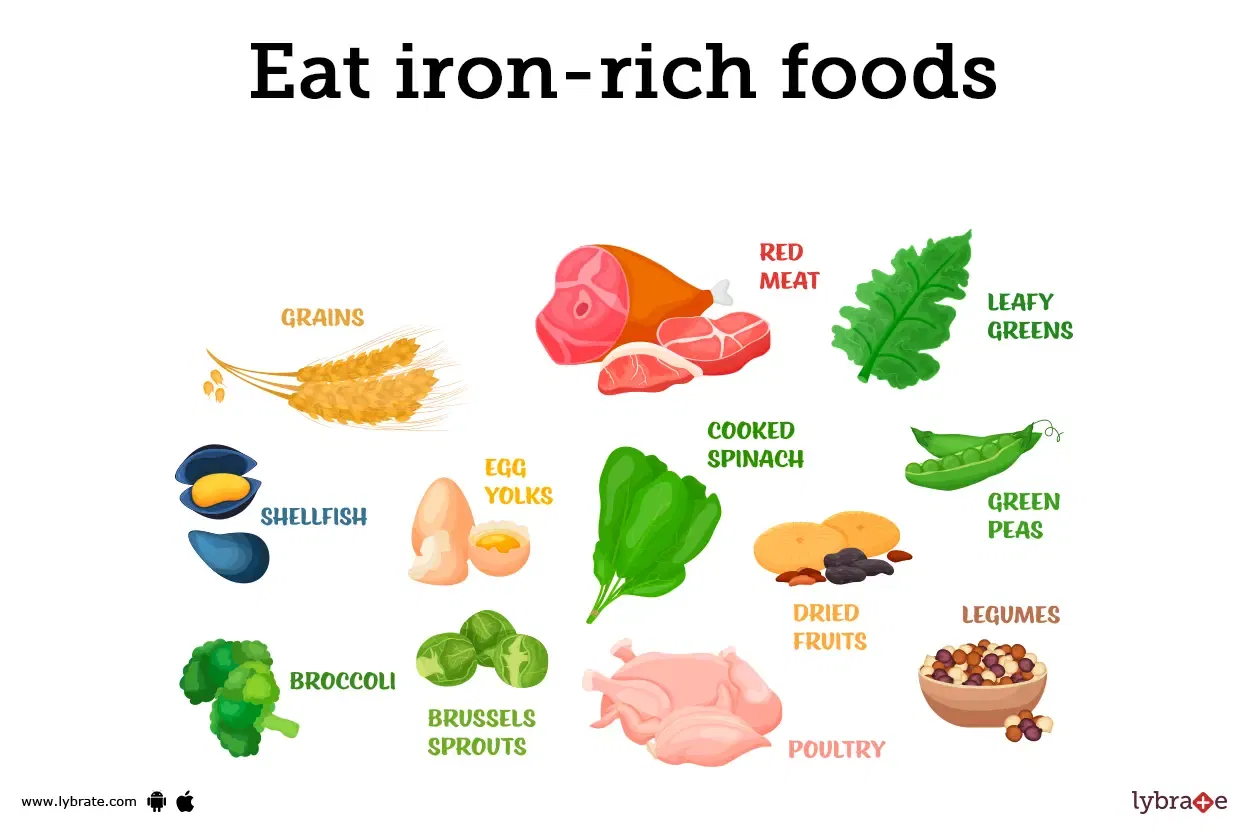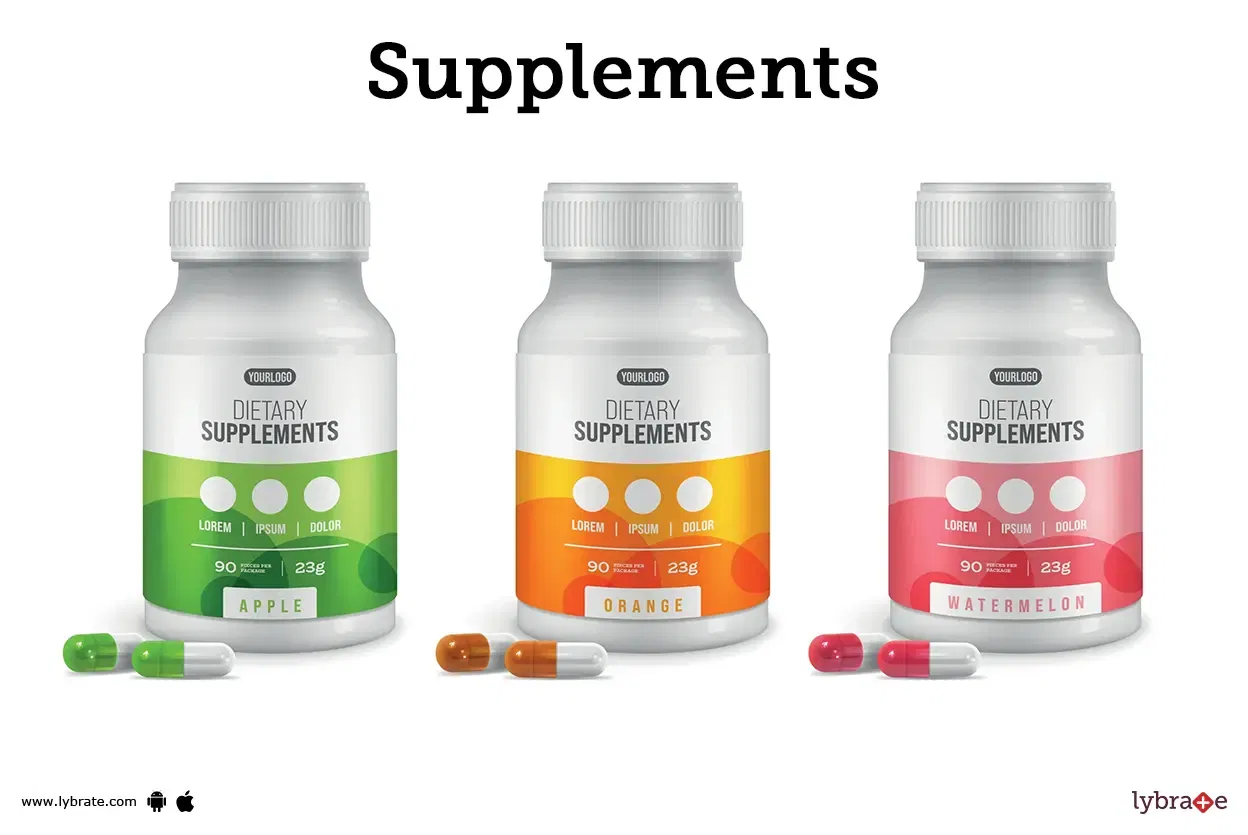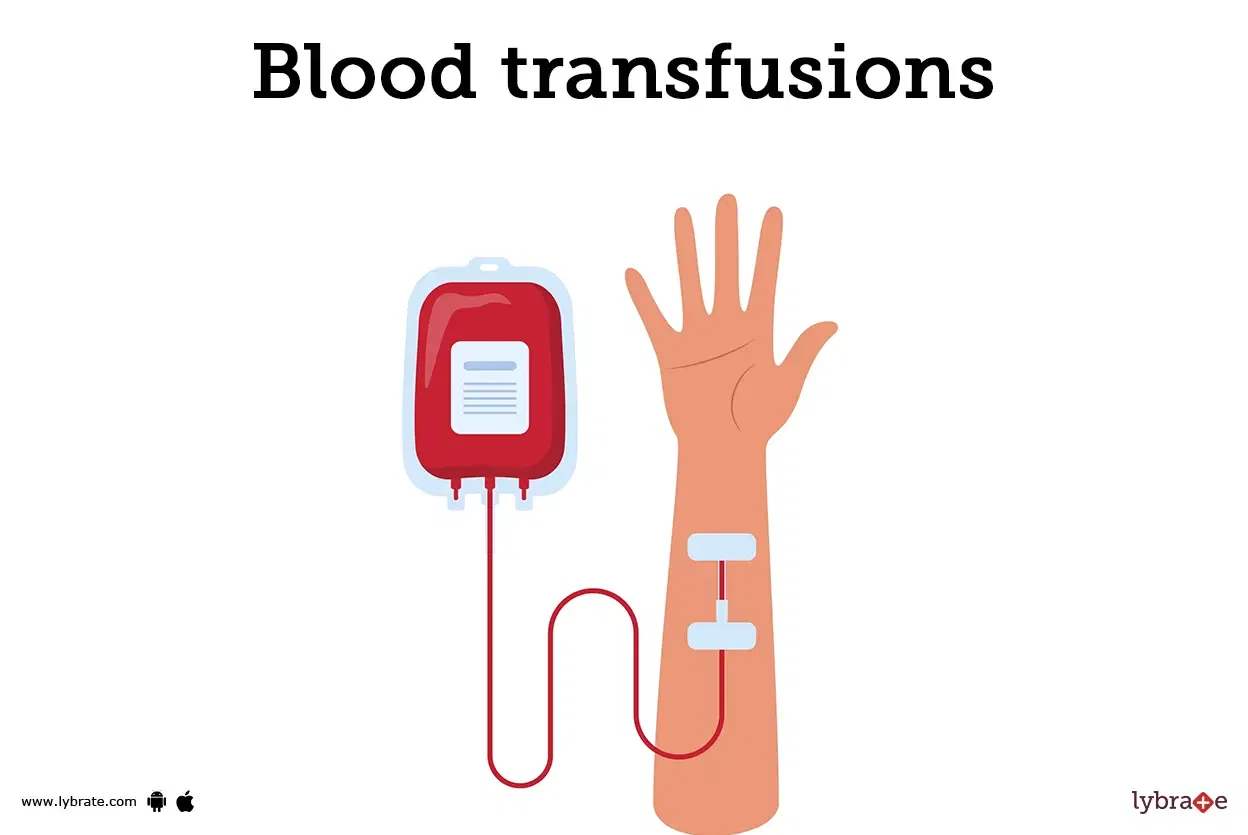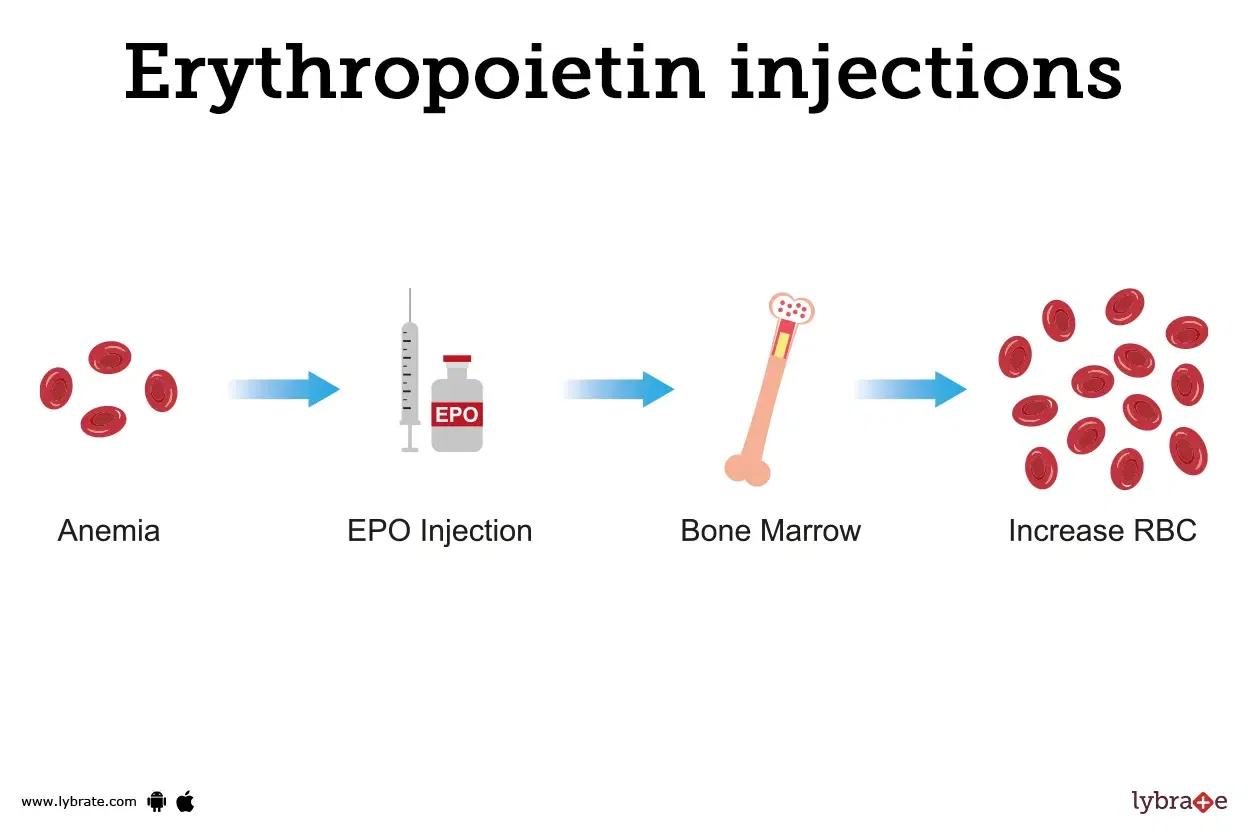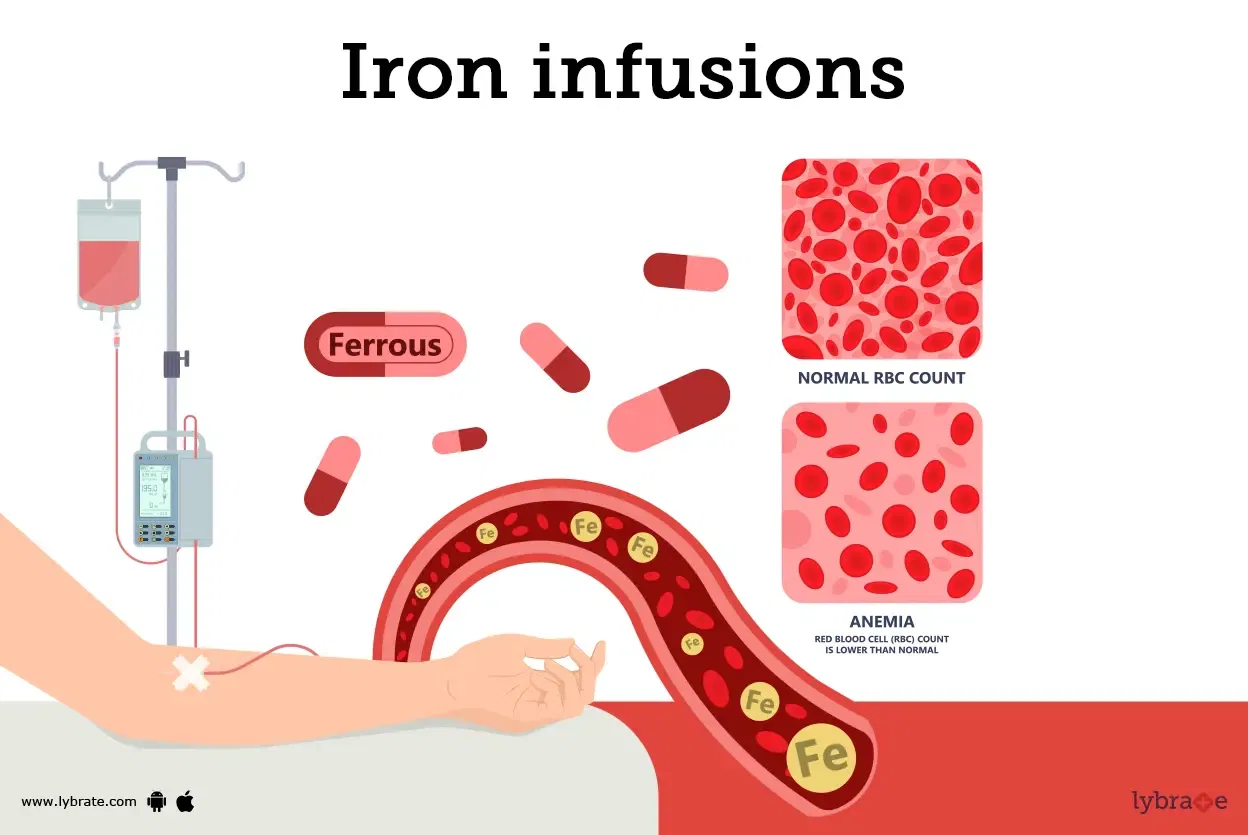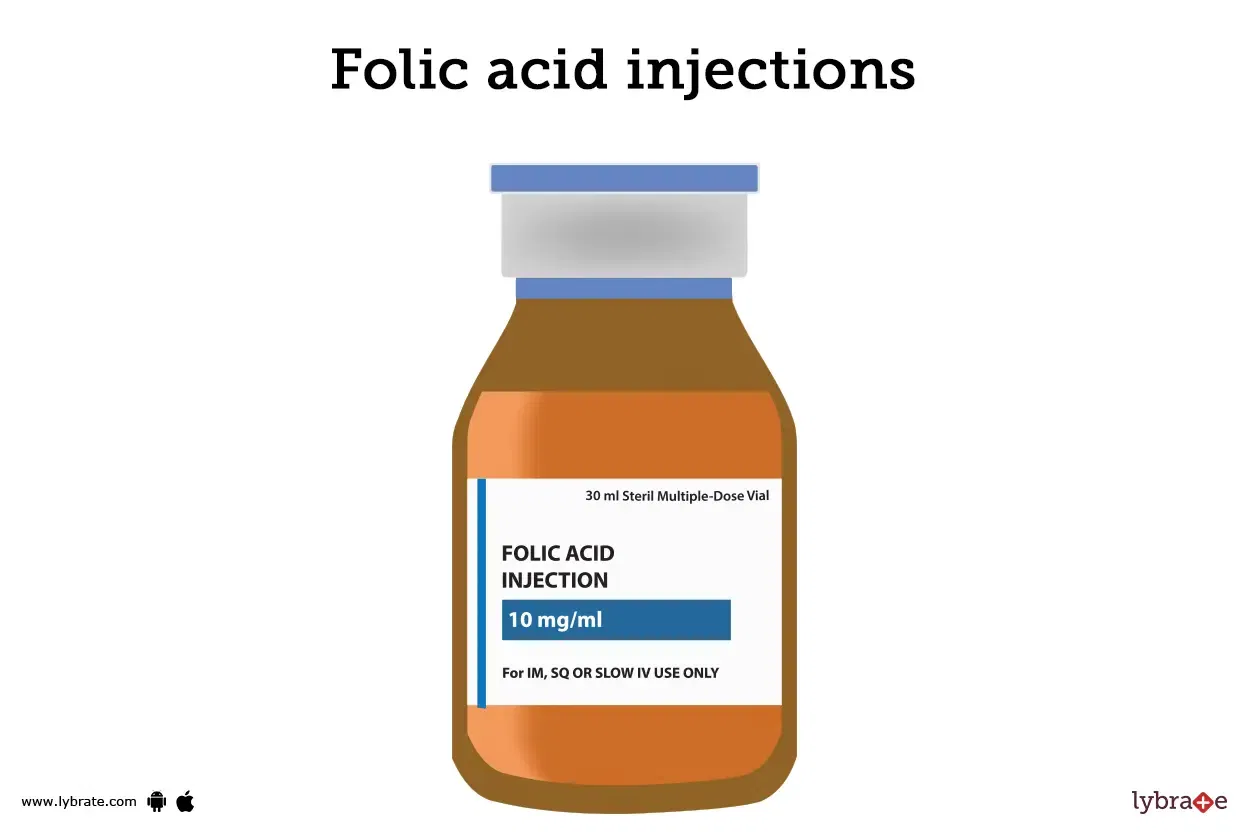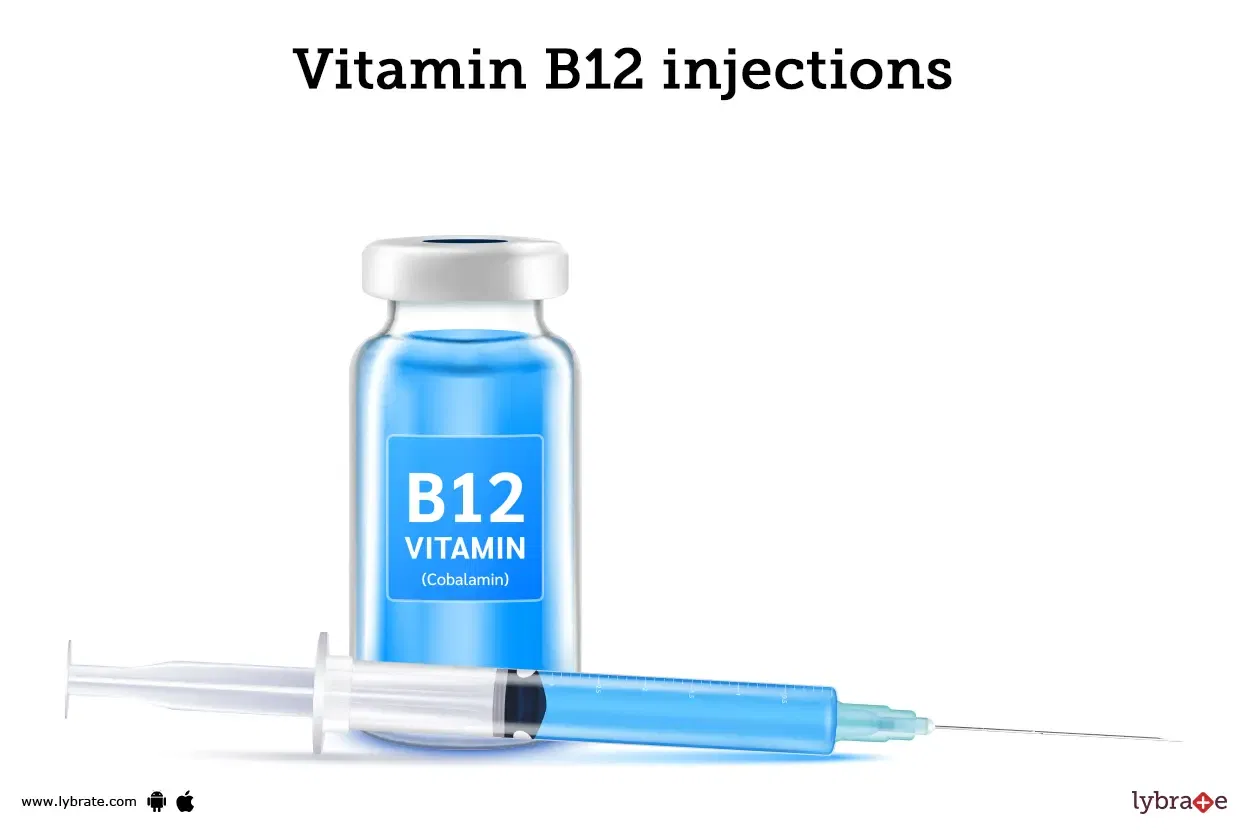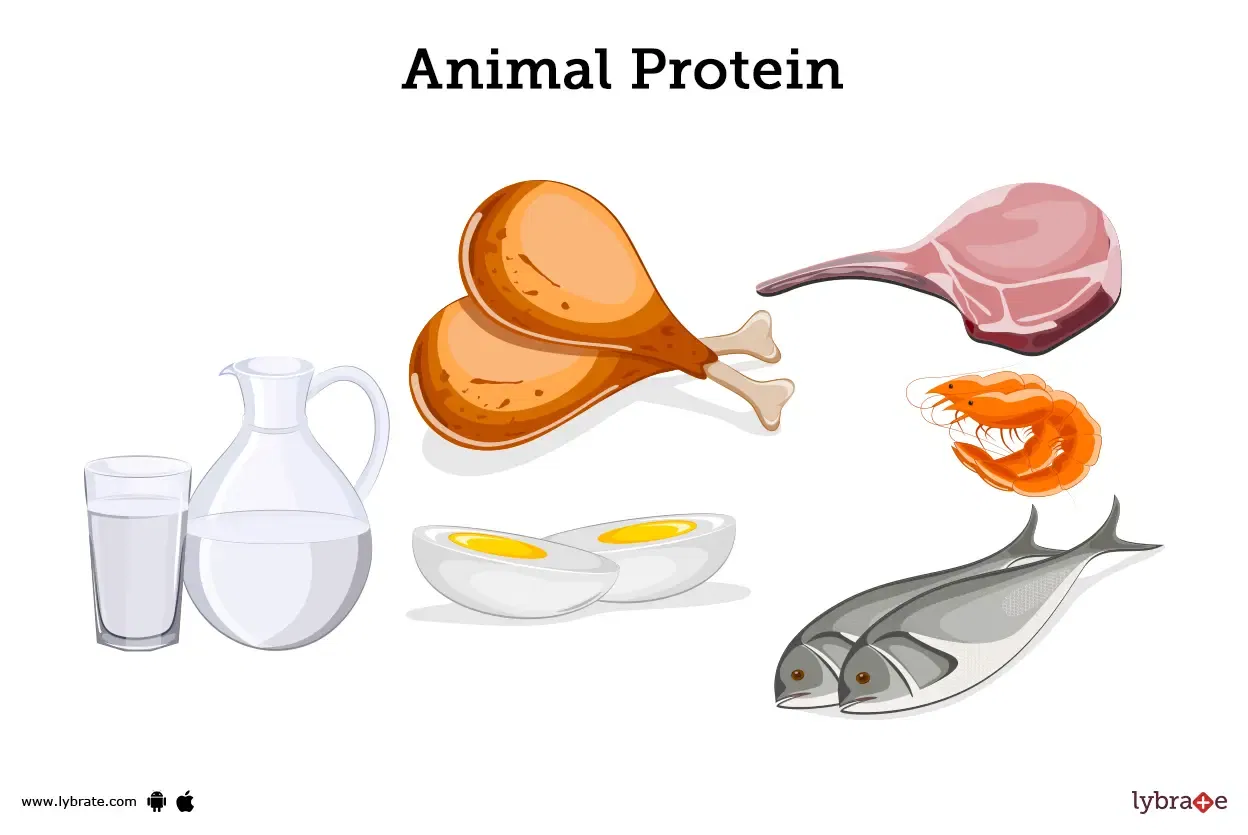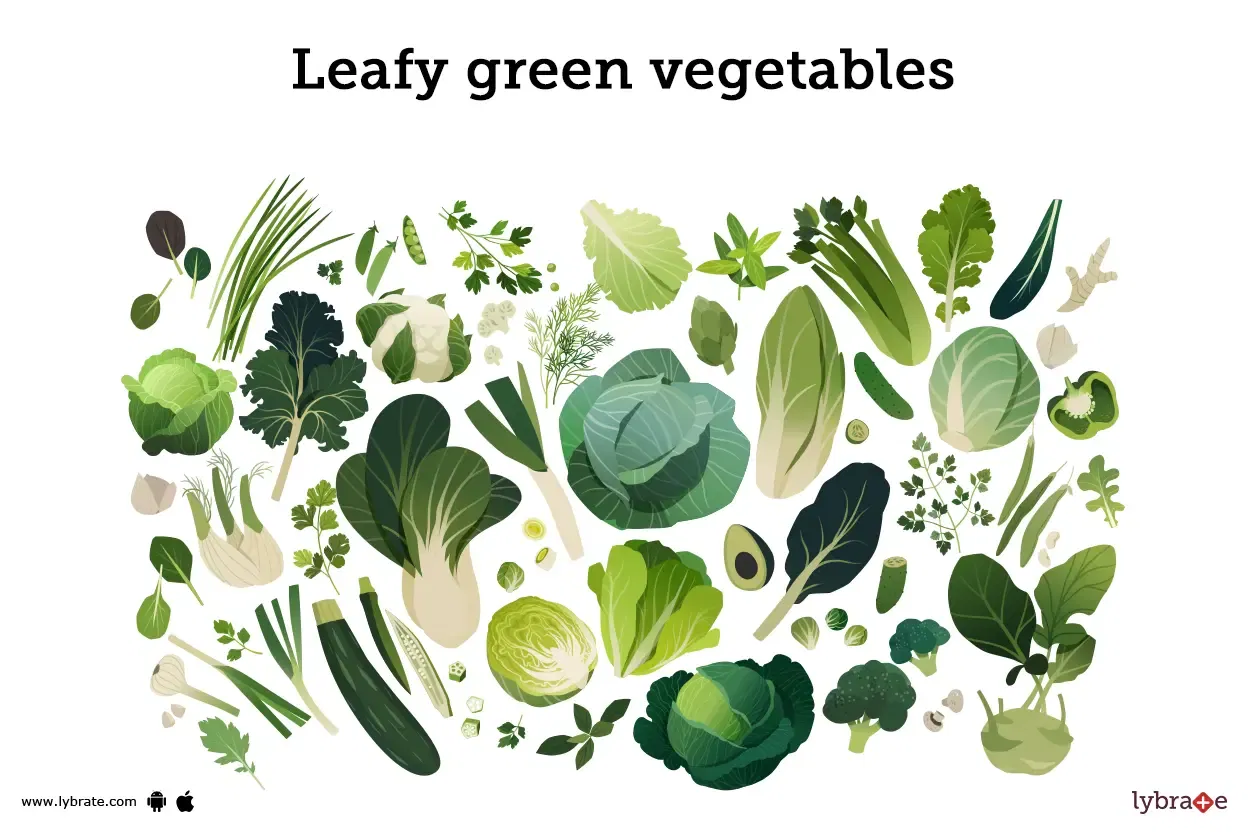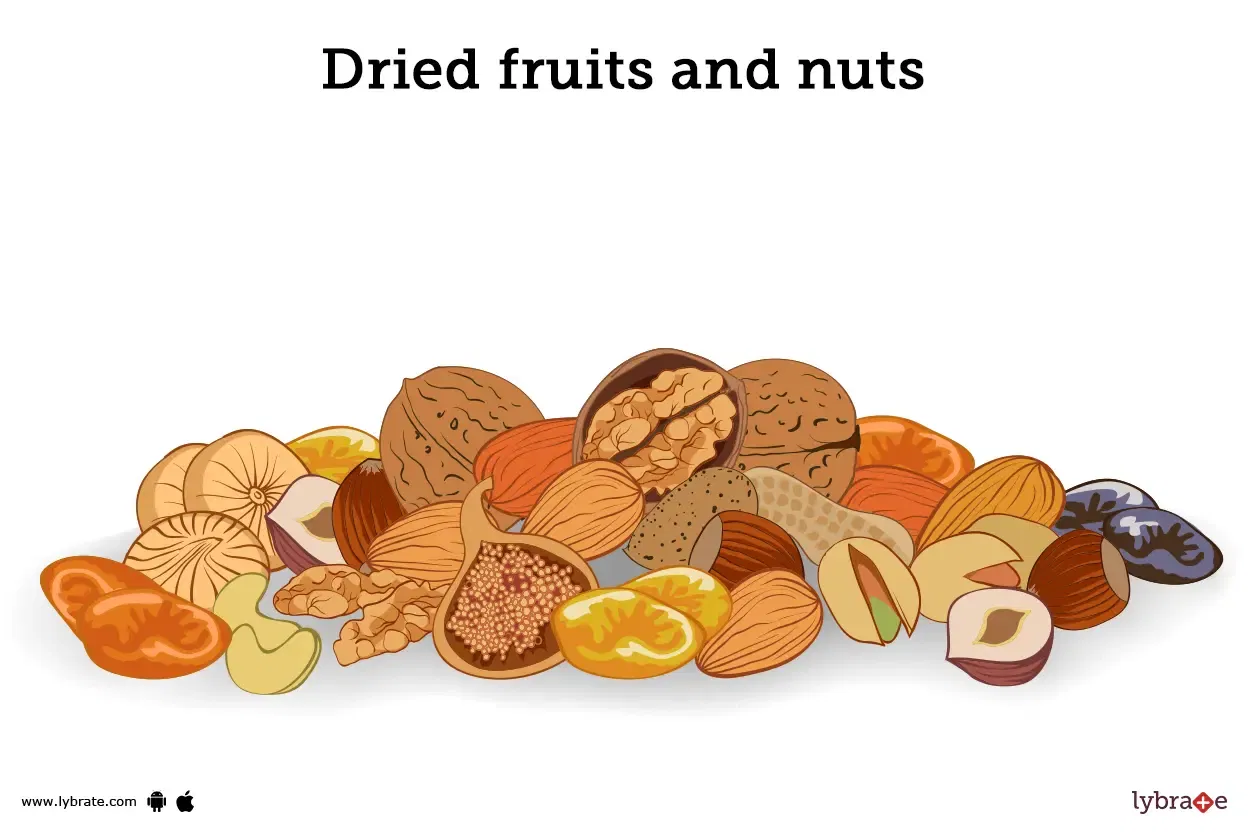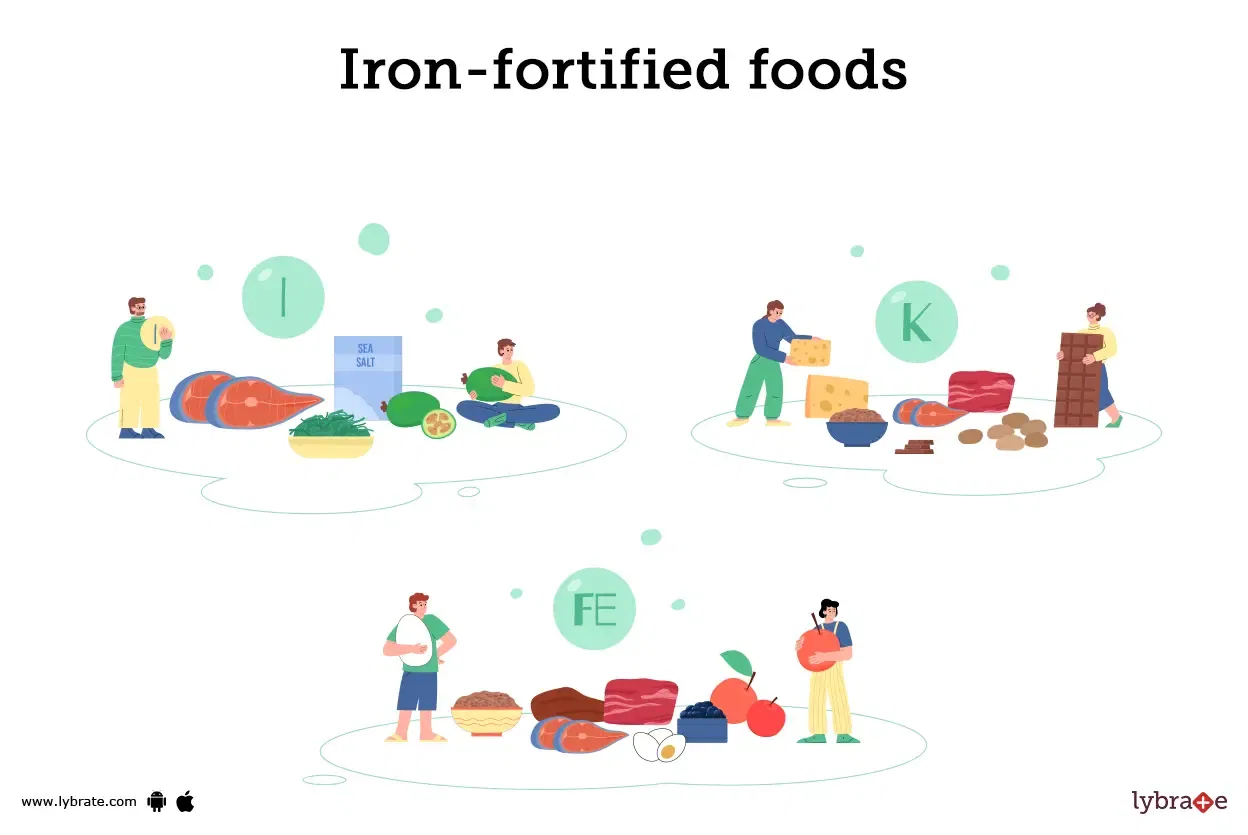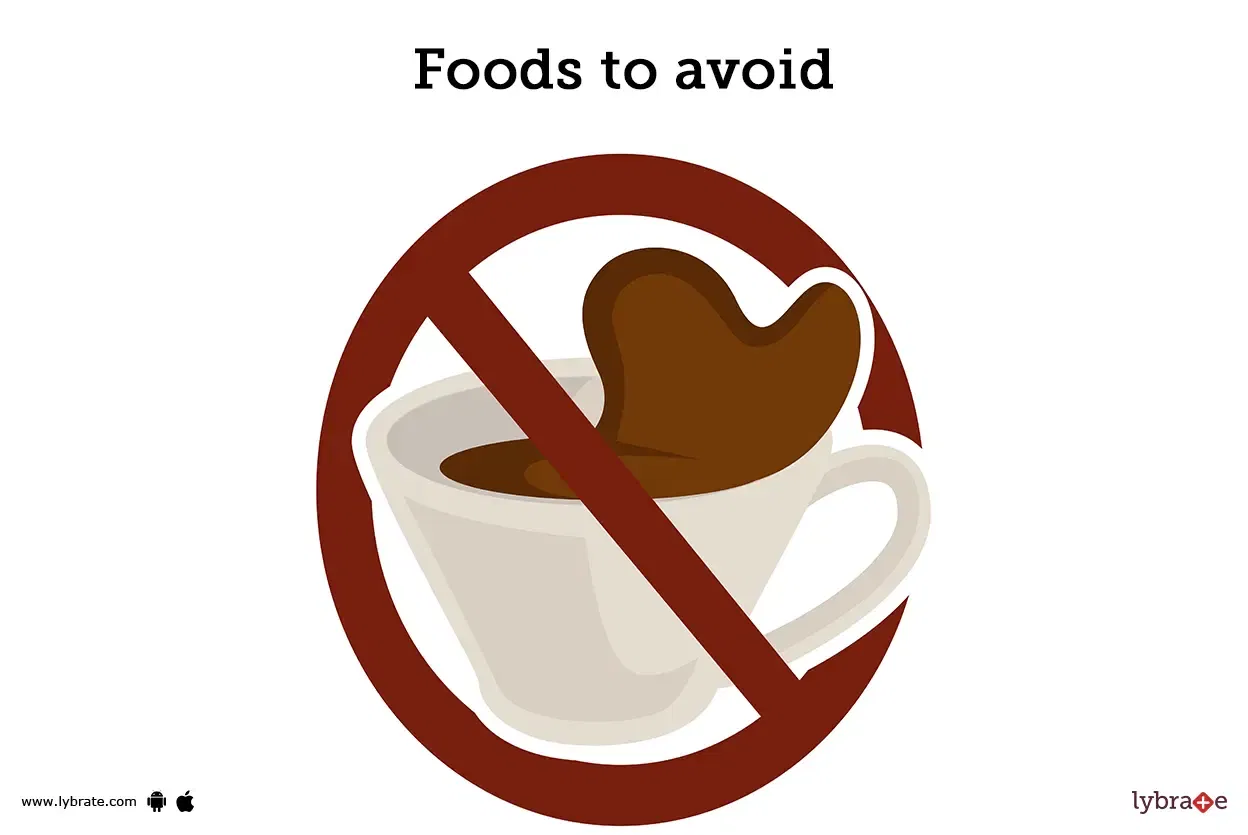How To Increase Red Blood Cells
Red blood cells, also known as erythrocytes, are an essential part of the human body. They are responsible for carrying oxygen from the lungs to the rest of the body, and a low red blood cell count can lead to symptoms such as fatigue, shortness of breath, and lightheadedness.
If you are experiencing these symptoms or have been diagnosed with anemia, it may be necessary to increase your red blood cell count. This can be accomplished in a number of ways, such as through diet, supplements, and medical procedures. In this post we will go through some practical strategies for raising red blood cells count.
Part
1
Boost your red blood cell count naturally
There are several natural methods for increasing red blood cells, including making dietary and lifestyle changes. These methods can be effective for people with a low red blood cell count or those at risk of developing anemia.
1
Eat iron-rich foods
- Eat meals high in iron. Fish, chicken, and lean red meat are all great sources of iron
- Other good sources of iron include beans, tofu, nuts, and whole grains
- Adding an iron-rich food to a meal that is high in vitamin C can improve iron absorption
- Examples of iron-rich meals include beef stir-fry with vegetables, grilled chicken with a spinach salad, and fish tacos with beans and whole grain tortillas
2
Supplements
- Red blood cell formation requires vitamin B12 and folic acid, both of which are required
- There are several different types of these supplements, including tablets, capsules, and injections
- Folic acid can be found in fortified cereals, leafy green vegetables, and legumes
- Meat, poultry, and eggs are examples of animal items that contain vitamin B12
3
Physical activity
- Regular exercise can increase red blood cell production
- Aim for 150 minutes or more per week of moderate-intensity exercise
- Examples of moderate-intensity exercises include walking, cycling, and swimming
4
Stay hydrated
- The formation of red blood cells might be hampered by dehydration
- Aim to consume 8 to 8 ounces of water daily
- Milk and other hydrating beverages, such as fruit juice, can also help you meet your daily fluid requirements
- Avoid sugary beverages because they can cause dehydration
5
Get enough sleep
- Maintaining a healthy red blood cell count requires enough sleep
- Attempt to get between 7-9 hours each night
- Establish a nighttime ritual to aid in relaxing and getting a good night's sleep
- Avoid screens and caffeine before bedtime, as they can disrupt sleep
Part
2
Medical treatments
In some cases, medical treatments may be necessary to increase red blood cells. These treatments can be effective for people with severe anemia or those who are unable to boost their red blood cell count through natural means.
1
Blood transfusions
- A blood transfusion involves receiving donated blood through an IV
- This can be an effective way to quickly increase red blood cell counts
- Blood transfusions may be necessary in cases of severe anemia or bleeding
2
Erythropoietin injections
- Erythropoietin is a hormone that stimulates red blood cell production
- Injections of erythropoietin can be effective for people with anemia due to kidney disease
3
Iron infusions
- This can be an effective way to quickly increase iron levels and boost red blood cell production
- Iron infusions may be necessary in cases of severe anemia or iron deficiency
4
Folic acid injections
- The synthesis of red blood cells depends on the B vitamin folic acid
- Folic acid injections can be administered both at a medical facility and at home
- Folic acid injections can be given in a healthcare setting or at home
5
Vitamin B12 injections
- Vitamin B12 is a B vitamin that is important for red blood cell production
- For those with anemia brought on by a vitamin B12 deficiency, vitamin B12 injections may be helpful
- Injections of vitamin B12 can be given either in a hospital setting or at home
Medical treatments for increasing red blood cells can be effective, but they may also come with risks and side effects. It is important to discuss the potential benefits and drawbacks with a healthcare provider before deciding on a treatment plan.
Part
3
Dietary tips
Diet plays a significant role in red blood cell production and maintaining a healthy red blood cell count.
1
Animal protein
- Iron is abundant in animal proteins and is necessary for the synthesis of red blood cells
- To cut down on fat intake, use lean meat cuts and remove the skin off poultry
- Fish is a healthy substitute for red meat and an excellent supply of iron
2
Leafy green vegetables
- Broccoli, kale, spinach, and other leafy green vegetables are excellent source of iron and folic acid
- They can be easily added to meals like salads, sandwiches, and smoothies
- A dish of leafy greens should be included in at least one meal every day
3
Dried fruits and nuts
- Prunes, raisins, and other dried fruits are excellent sources of iron
- Nuts rich in iron and other minerals include almonds, cashews, and pistachios
- Keep a bag of dried fruit and nuts on hand for a quick and healthy snack
4
Iron-fortified foods
- Some foods are fortified with iron to help increase their nutritional value
- Examples of iron-fortified foods include cereals, bread, and pasta
- Before making a purchase, check the label to discover if a food has been fortified with iron
5
Foods to avoid
- Some meals and beverages may prevent the body from absorbing iron
- Examples of these include coffee, tea, and foods high in calcium
- Try to limit your intake of these foods and drinks, especially when consuming iron-rich foods
By making dietary changes, you can help increase your red blood cell count and improve your overall health and well-being. It is always a good idea to consult with a healthcare provider or a registered dietitian before making significant changes to your diet.
Part
4
Exercise
Exercise can be an effective way to increase red blood cell production and boost a low red blood cell count. Here is the role of exercise in increasing red blood cells.
1
High-intensity workouts
- High-intensity workouts can increase red blood cell production
- Examples of high-intensity workouts include sprinting, cycling, and weight lifting
- Pay attention to your body's limits and listen to it
2
Rest and recovery
- Incorporating rest and recovery into your fitness routine is important for maintaining a healthy red blood cell count
- This includes allowing enough time for muscles to repair and rebuild after a workout
- Additionally crucial to the development of red blood cells is getting enough sleep
- Incorporating active recovery activities like stretching and yoga can also help with muscle recovery
Exercise can be an effective way to increase red blood cells, but it is equally important to pay attention to your body's limits and incorporate rest and recovery into your fitness routine.
Part
5
Conclusion
Making dietary and lifestyle changes, taking supplements, and receiving medical care are a few ways to increase red blood cells. These techniques can help you increase your red blood cell count while also enhancing your general health and wellbeing. Before making any big alterations to your food or fitness regimen, it is crucial to speak with a healthcare professional.
Maintaining a healthy red blood cell count can lead to increased energy and endurance, improved oxygen delivery to the body, enhanced brain function, reduced risk of anemia and other health conditions, and improved overall quality of life.
Gurgaon!
Reference
Table of Content
Written and reviewed by
Hina Firdous
PhD (Pharmacology) Pursuing, M.Pharma (Pharmacology), B.Pharma - Certificate in Nutrition and Child Care
Ask a free question
Get FREE multiple opinions from Doctors

